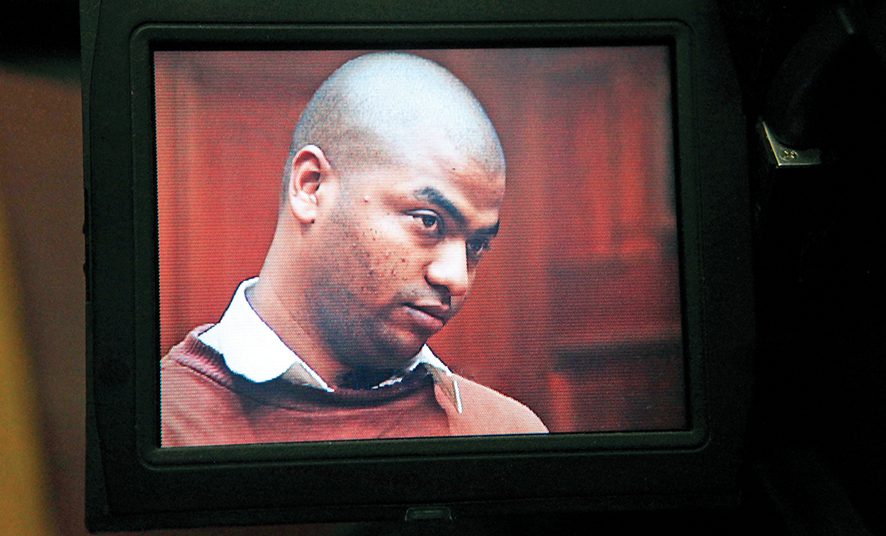By Gilbert Motsaathebe
There is something startling about career criminals, and it is their obsession with the spectacle.
It is as if they are saying “catch me if you can”. Their obsession to stay in the public eye defies common sense.
Convicted rapist and murderer Thabo Bester is a good example. He had the audacity to arrange a glitzy event at a five-star hotel in Sandton and even appeared through a video link to address the delegates who included well-known celebrities.
In the video, Bester wore an expensive suit and watch, and misled his audience into believing that he was joining the conference from New York under the alias “Tom Motsepe”, when in fact he was in a prison cell.
Even after his daring escape from the Mangaung Correctional Centre, he still had the courage to appear in public from multiple locations.
He was reportedly conducting his scam meetings in busy restaurants and frequenting upmarket salons in cities such as Cape Town and Johannesburg.
He was also a regular at malls as illustrated by the photograph which was captured by chance by one of the fans of his celebrity girlfriend, Dr Nandipha Magudumana.
One would have thought he would lie low and operate behind the scenes to avoid detection.
But that’s not how criminals operate.
Another example is that of a syndicate that stole about R42-million from the Post Bank a while ago. They purchased expensive vehicles and other luxuries including an elegant speedboat.
They lived large and went on exotic vacations. In fact, the day they were arrested, they were partying a storm in their new yacht at Hartbeespoort Dam.
A further example is cybercrime kingpin Ramon Abbas, who honed his cybercrime skills in South Africa before leaving for Malaysia and ultimately the United Arab Emirates, where he flaunted his lavish lifestyle.
He was arrested in Dubai in 2020.
More than $40-million (R766-million at current exchange rate) in cash, 13 luxury cars including Ferraris, Rolls-Royces and Lamborghinis, and hard drives containing the addresses of about 2-million victims were seized.
The arrest followed an FBI investigation which exposed Abbas as the mastermind of an international cybercrime network specialising in business e-mail compromise scams.
The fourth example is that of a man who arrived in South Africa in the 1930s claiming to be the son of Emperor Haile Selassie and heir to the throne of Abyssinia (present-day Ethiopia).
According to an article published in Drum magazine in June 1981, he used the name Prince Yusuf and claimed the then Italian prime minister, Benito Mussolini, was planning a chemical warfare, and that the poisonous gas would engulf the rest of South Africa.
He claimed he had connections and could arrange necessary protective gear for people who did not want to be killed by the gas.
He established a company and called it African Legion, convincing people to invest so they could be supplied with the necessary safety equipment, to ensure that they survive the fatal chemicals from the Italians.
As the Drum reported: “The Legion was to fight to save South Africa from the Italians and in a massive recruitment drive recruits were told that poison gas would be used in the war and the smoke would fill South Africa.”
The money started coming in.
At the same time, he formed another company which he called South African Mark Trading Corporation and recruited people to buy shares.
He told investors he was forming a bank called Bantu Bank and that he needed £10 000 (R239-million at current exchange rate) to get it off the ground. The investors were promised huge interest.
However, years later there was still no sign of a poisonous gas and none of the investors had received anything from the prince’s ventures.
It turned out that the man many people came to know as Prince Yusuf was a big-time swindler. His name was not Yusuf, and he was not a prince. He was in fact a South African by the name of David Kgobe.
• Motsaathebe is professor of Indigenous Language Media in Africa and formerly editor-in-chief of Communicare, a journal for communication studies in Africa




